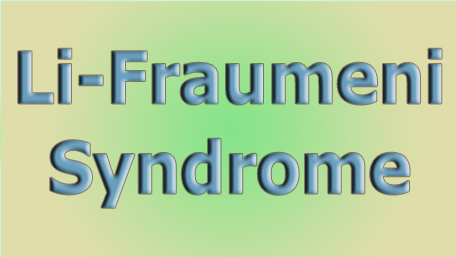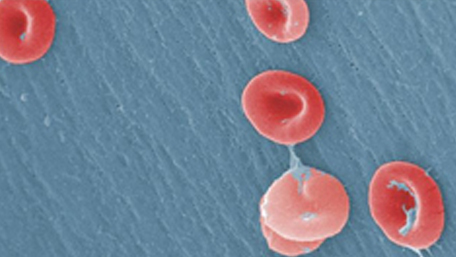
11/02/2021
Hot Topics of the Day are picked by experts to capture the latest information and publications on public health genomics and precision health for various diseases and health topics. Sources include published scientific literature, reviews, blogs and popular press articles.
Sign up MyPHGKB to receive the daily hot topic email alert.
Archived Hot Topics of the Day By Date
Analysis of the Li-Fraumeni Spectrum Based on an International Germline TP53 Variant Data Set: An International Agency for Research on Cancer TP53 Database Analysis.
Kratz Christian P et al. JAMA oncology 2021 10
Improving Outcomes for Patients With Sickle Cell Disease in the United States
Making the Case for More Resources, Surveillance, and Longitudinal Data
J Kanter et al, JAMA Health Forum, October 29,2021
Comparative genomics and characterization of SARS-CoV-2 P.1 (Gamma) Variant of Concern (VOC) from Amazonas, Brazil
RA Zimerman et al, MEDRXIV, November 1, 2021
Potential reduction in transmission of COVID-19 by digital contact tracing systems
MJ Plank et al, MEDRXIV, November 2, 2021
Equipment-free detection of SARS-CoV-2 and Variants of Concern using Cas13
JA Sanz et al, MEDRXIV, November 2, 2021
Highly-Sensitive Lineage Discrimination of SARS-CoV-2 Variants through Allele-Specific Probe Polymerase Chain Reaction
JD Radcliff et al, MEDRXIV, November 2, 2021
Effectiveness, Explainability and Reliability of Machine Meta-Learning Methods for Predicting Mortality in Patients with COVID-19: Results of the Brazilian COVID-19 Registry
B Barbosa et al, MEDRXIV, November 2, 2021
Interferon pathway lupus risk alleles modulate risk of death from acute COVID-1
I Nln et al, MEDRXIV, November 2, 2021
Effectiveness of 2-Dose Vaccination with mRNA COVID-19 Vaccines Against COVID-19–Associated Hospitalizations Among Immunocompromised Adults — Nine States, January–September 2021
PJ Embi et al, MMWR, November 2, 2021
Disclaimer: Articles listed in Hot Topics of the Day are selected by Public Health Genomics Branch to provide current awareness of the scientific literature and news. Inclusion in the update does not necessarily represent the views of the Centers for Disease Control and Prevention nor does it imply endorsement of the article's methods or findings. CDC and DHHS assume no responsibility for the factual accuracy of the items presented. The selection, omission, or content of items does not imply any endorsement or other position taken by CDC or DHHS. Opinion, findings and conclusions expressed by the original authors of items included in the Clips, or persons quoted therein, are strictly their own and are in no way meant to represent the opinion or views of CDC or DHHS. References to publications, news sources, and non-CDC Websites are provided solely for informational purposes and do not imply endorsement by CDC or DHHS.
- Page last reviewed:Feb 1, 2024
- Page last updated:Apr 19, 2024
- Content source:




